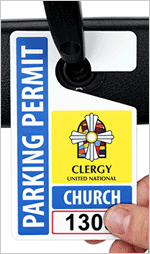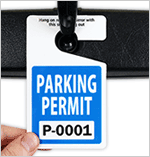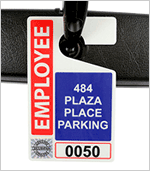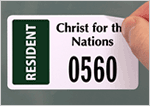University parking: who should pay?
Lots of people reflect on college as the best time of their life – the social events, meeting new people, and discovering their passions. Naturally, with all those good experiences also come the usual collegiate stressors – midterms and finals, attempting to live off ramen noodles and sad sandwiches, and struggling with time management. The last thing a college student needs after pulling an all-nighter to study for an important exam is to walk into class late because they spent an extra 20 minutes circling a parking garage for an empty space. Many college students struggle with an unexpected cause of stress daily: university parking.
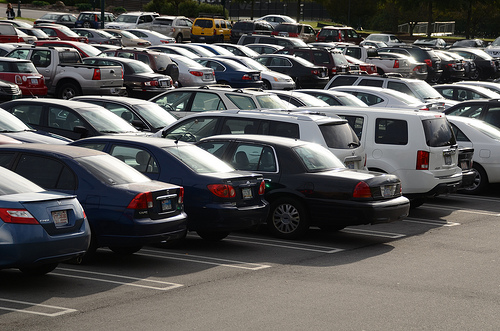
Not an empty space in sight. Via Niner Media.
Even if students can afford to shell out hundreds of dollars each semester for a parking permit, they’re not always guaranteed a space. Universities often distribute more permits than available spaces. With the cost of attending college increasing each year, and the number of young people who own cars declining, university-subsidized parking is rightly controversial.
A recent proposal at the University of North Carolina-Chapel Hill would increase student fees by $10.40 to cover nighttime university parking costs. Currently, it’s free to park at UNC after 5 p.m., anywhere on campus and for all students. According to U.S. News & World Report, only 14 percent of UNC students own cars.
This means all UNC students would be funding a service that less than one-fifth of the student population actually uses. The previously proposed option was to have students pay $227 for an annual nighttime parking permit, which student representatives instead decided to incorporate into students’ transportation fees.
At USC, university parking permits are available for purchase for $58.50-$414 per semester depending on vehicle type and parking structure, equalling $13-$92 per month. If a driver uses his/her car more than 5 times per month, buying a semester permit is less expensive than paying to park on a daily basis. There are 15,000 parking spaces available at USC for over 39,000 students, not to mention faculty, staff, and visitors.
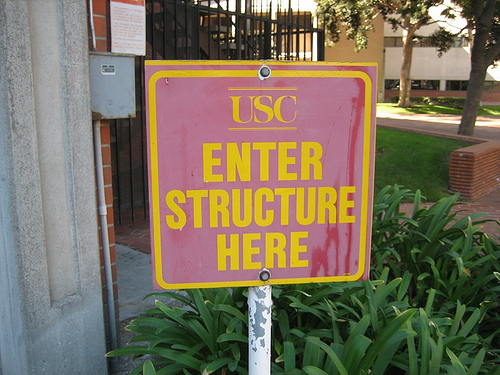
Via Chris Charlton
It’s unfair to burden all students with parking costs, even if it’s only a $10 fee. College, public or private, is already incredibly expensive, and tacking on fees for a lifestyle choice is wrong.
An on-campus parking spot should be seen as a lifestyle choice and a privilege. While deserve to be able to park near their classes or on-campus jobs, it’s unfair for everyone else to foot the bill. I wouldn’t expect students who don’t buy football season tickets to subsidize those who do, so how is on-campus subsidized parking any different?
The best solution to curb campus parking woes is to engage in alternative transportation. Biking, busing, or walking saves money and time while serving as a source of stress relief, opportunity to exercise, and benefiting the environment. It will also cut the need for parking and reduce congestion. Best of all, alternative transportation allows students to immerse themselves in their town’s community life.
Related Posts
Category: Opinion

